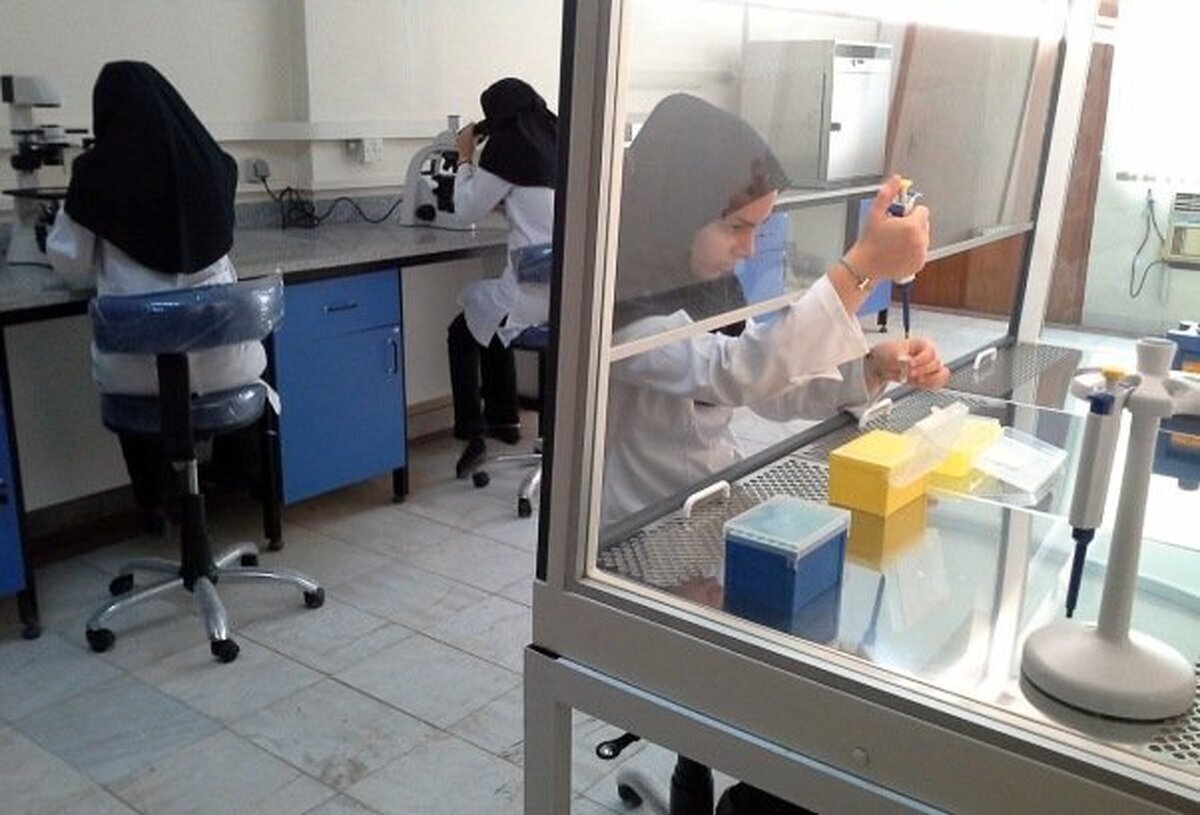Iranian Researchers Utilize Artificial Intelligence to Detect Impurity in Canning Bottles

“A knowledge-based company stationed at the growth center of this university has made a device which uses artificial intelligence to detect impurities in the canning bottles and jars,” Mansour Esmayeelpour, the vice-president of Islamic Azad University’s Hamedan branch, told ANA.
“The device can detect impurities, including hair, dust, etc. inside canning bottles through machine vision, i.e. artificial intelligence,” he added.
Noting that the manufactured product is now used in the production line of a company active in food industries, Esmayeelpour said, “An investor has declared readiness for mass-production of the device, and contracts with several other companies have been signed to optimize the device and proceed with its mass-production.”
Artificial intelligence (AI) is intelligence demonstrated by machines, as opposed to the natural intelligence displayed by animals and humans. AI research has been defined as the field of study of intelligent agents, which refers to any system that perceives its environment and takes actions that maximize its chance of achieving its goals.
The term "artificial intelligence" had previously been used to describe machines that mimic and display "human" cognitive skills that are associated with the human mind, such as "learning" and "problem-solving". This definition has since been rejected by major AI researchers who now describe AI in terms of rationality and acting rationally, which does not limit how intelligence can be articulated.
4155/Azra Varasteh





















